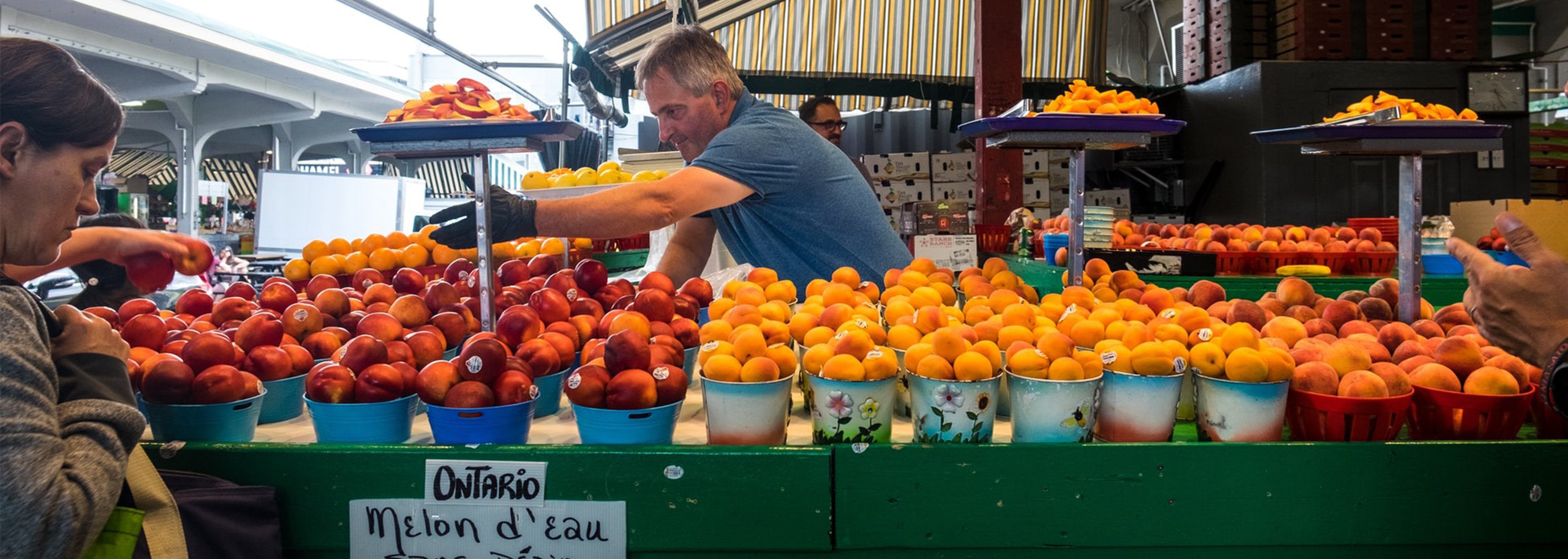عمل المنظمة في مجال التجارة
تؤثر الاتفاقات التجارية على أنماط التجارة، وكذلك على إنتاج الأغذية واستهلاكها. وقد أدت المفاوضات الزراعية الجارية في منظمة التجارة العالمية والزيادة السريعة في الاتفاقات التجارية الثنائية والإقليمية والإقليمية الكبرى إلى زيادة تعقيد القواعد التجارية.
وفي هذا السياق، تساعد المنظمة أعضاءها على تنفيذ الاتفاقات التجارية والتحضير للمفاوضات التجارية، من خلال الدراسات والتحليلات وتنمية القدرات وتبادل الخبرات. ويضمن هذا الدعم المشاركة الفعالة للبلدان في النظام التجاري المتعدد الأطراف ويعزز تقاسم الجميع لفوائد التجارة.
